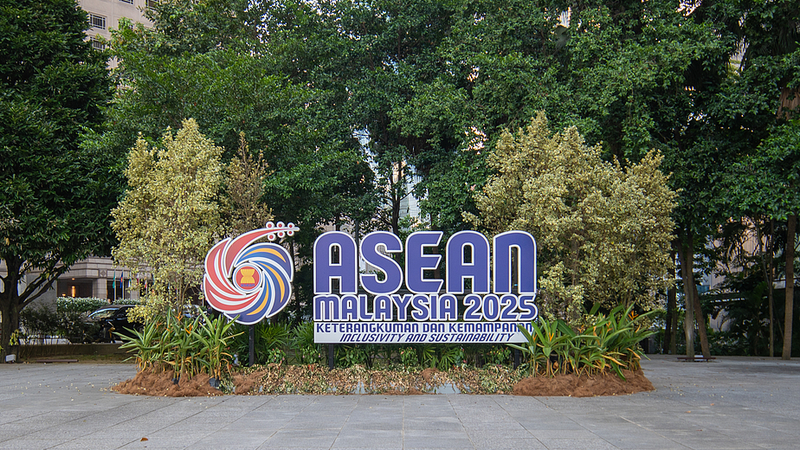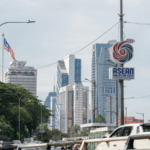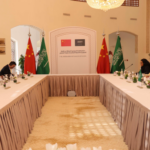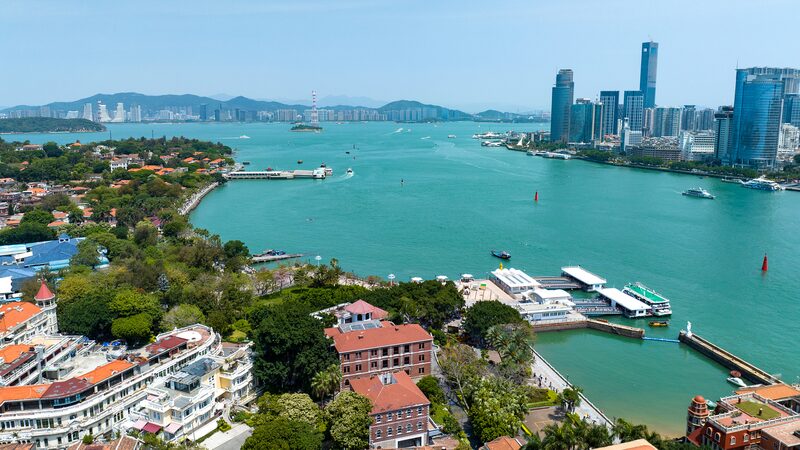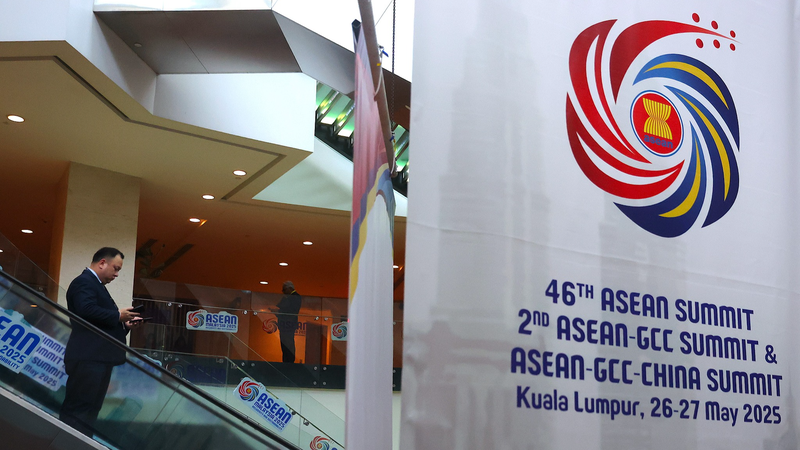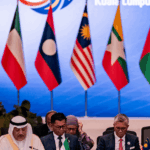Historic Trilateral Summit Strengthens Asia-Middle East Ties
Leaders from ASEAN, China, and Gulf Cooperation Council (GCC) states concluded a landmark summit in Kuala Lumpur this week, unveiling a comprehensive roadmap for economic integration, sustainable energy transitions, and multilateral conflict resolution. The joint statement emphasizes ‘high-quality Belt and Road cooperation’ and accelerated free trade negotiations, including finalizing the China-ASEAN Free Trade Area 3.0 agreement.
Economic Priorities Take Center Stage
The agreement prioritizes cross-border digital payments, supply chain resilience, and a proposed regional business council to boost trade between Southeast Asia, the Chinese mainland, and Gulf states. Notably, plans for local currency settlements and green finance initiatives aim to reduce dollar dependency while supporting renewable energy projects.
Middle East Diplomacy Gains Momentum
Summit participants unanimously condemned attacks on civilians in Gaza, endorsing UN resolutions for an immediate ceasefire. The statement highlights China’s role in mediating Palestinian reconciliation through the 2024 Beijing Declaration and acknowledges Qatar’s humanitarian mediation efforts. Leaders reaffirmed support for a two-state solution based on pre-1967 borders, aligning with recent UN General Assembly resolutions.
Energy Transition Roadmap Unveiled
A 12-point energy cooperation plan targets carbon capture technology, hydrogen infrastructure, and cross-border power grids. The framework balances fossil fuel security with clean energy investments, emphasizing ‘just transitions’ under Paris Agreement guidelines. Joint research initiatives will explore geothermal systems and next-gen solar technologies.
Cultural Bridges and Digital Futures
Beyond economic ties, the summit outlined programs for student exchanges, halal food certification alignment, and cross-regional tourism campaigns. Digital innovation partnerships in AI, blockchain, and smart city development aim to position the regions as global tech leaders.
The outcomes signal strengthened South-South cooperation, with ASEAN maintaining centrality in regional architecture while bridging Asian and Middle Eastern economic ecosystems.
Reference(s):
cgtn.com
